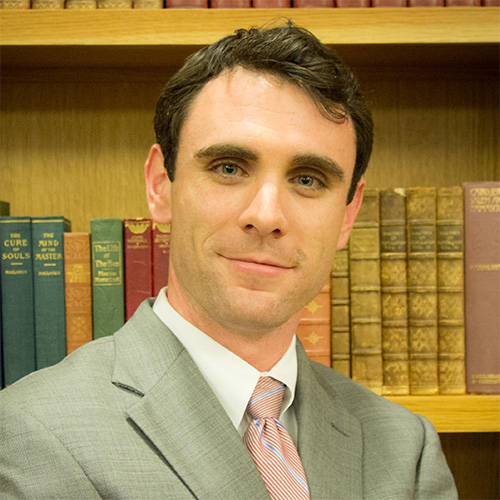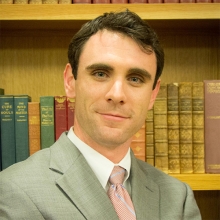When Law Schools and Students Fill the Justice Gap, Is Everyone Served?
 Like the United States, the United Kingdom has historically faced a lack of legal representation for low income individuals. In the U.K., the strain has been amplified by massive cuts in legal aid. The apparent lack of resources in both countries has highlighted a perceived remedy: law students working with those in need of legal services through clinics and pro bono work.
Like the United States, the United Kingdom has historically faced a lack of legal representation for low income individuals. In the U.K., the strain has been amplified by massive cuts in legal aid. The apparent lack of resources in both countries has highlighted a perceived remedy: law students working with those in need of legal services through clinics and pro bono work.
While many people view this solution as beneficial for society, law schools, and students, others have warned against law schools taking up the slack because students still need an opportunity to learn.
If we start to use [students] solely to fill the justice gap then we may lose the educational benefits which make clinic such a formative experience.
The legal aid services provided by students through experiential education opportunities are an integral part of both their training and in filling the societal justice gap problem shared by both countries, but they may be only part of the solution.
Riley Combelic is a third-year law student at the University of Denver Sturm College of Law and contributes to IAALS Online. Please direct inquiries about this post to iaals@du.edu.


